by Daniel Christian Wahl in Medium.com…Spreading the story of why we care about life and the health of the whole and sharing the narrative of interbeing is culturally creative meta-design. By sharing the new and ancient story of interbeing we facilitate the emergence of diverse regenerative cultures scale-linked by empathy and cooperation.
The great abandonment: what happens to the natural world when people disappear?
by Tess McClure in The Guardian…As populations move and shrink, people are leaving long-occupied places behind. Often they leave everything in place, ready for a return that never comes. In Tyurkmen, Christmas baubles still hang from the curtain rails in empty houses, slowly being wrapped by spiders. In one abandoned home, a porcelain cabinet lay inside a crater of rotted floorboards, plates still stacked above a spare packet of nappies for a visiting grandchild. Occasionally, abandonment happens all at once, when a legal ruling or evacuation sends people scuttling. But mostly, it is haphazard, creeping, unplanned. People just go.
I’m finally into ‘prepping’ and ready for the apocalypse
by Eva Wiseman in The Guardian…Piles of loo paper, a years worth of tinned goods and snake-proof boots. No wonder prepping has become a lifestyle choice
The forces of chance
by Brian Klaas in aeon…Social scientists cling to simple models of reality – with disastrous results. Instead they must embrace chaos theory
AI Snake Oil—A New Book by 2 Princeton University Computer Scientists
by Eric Topol in Ground Truths….A Counter to the Hype and Some Misleading Claims
Yuval Noah Harari on the eclipsing of human intelligence
Sean Illing of The Gray Area interviews Yuval Noah Harari…If the internet age has anything like an ideology, it’s that more information and more data and more openness will create a better world. The reality is more complicated. It has never been easier to know more about The world than it is right now, and it has never been easier to share that knowledge than it is right now. But I don’t think you can look at the state of things and conclude that this has been a victory for truth and wisdom. What are we to make of that? More information might not be the solution, but neither is more ignorance.
More in this category
The A.I. dilemma
by Tristan Harris and Aza Raskin presented by Center for Human Technology….The A.I. Dilemma.
Fareed Zakaria on where Russia’s war in Ukraine stands — and much more
The Ezra Klein Show interviews Fareed Zakaria…..A lot about the world has changed since February 2022, when Russia invaded Ukraine.
A.I. poses ‘Risk of Extinction,’ industry leaders warn
by Kevin Roose in The New York Times…Executives from three of the leading A.I. companies, including Sam Altman, chief executive of OpenAI, have signed an open letter warning of the risks of artificial intelligence.
AI and the future of humanity
By Yuval Noah Harari at the Frontier Forum…..In this keynote and Q&A, Yuval Noah Harari summarizes and speculates on ‘AI and the future of humanity’
Why Peru’s crisis is worth studying closely by democracies everywhere
by José Carlos Agüero, The Washington Post…Ever since Peruvian President Pedro Castillo’s failed power grab exactly three months ago, protests have been roiling the country almost every single day.
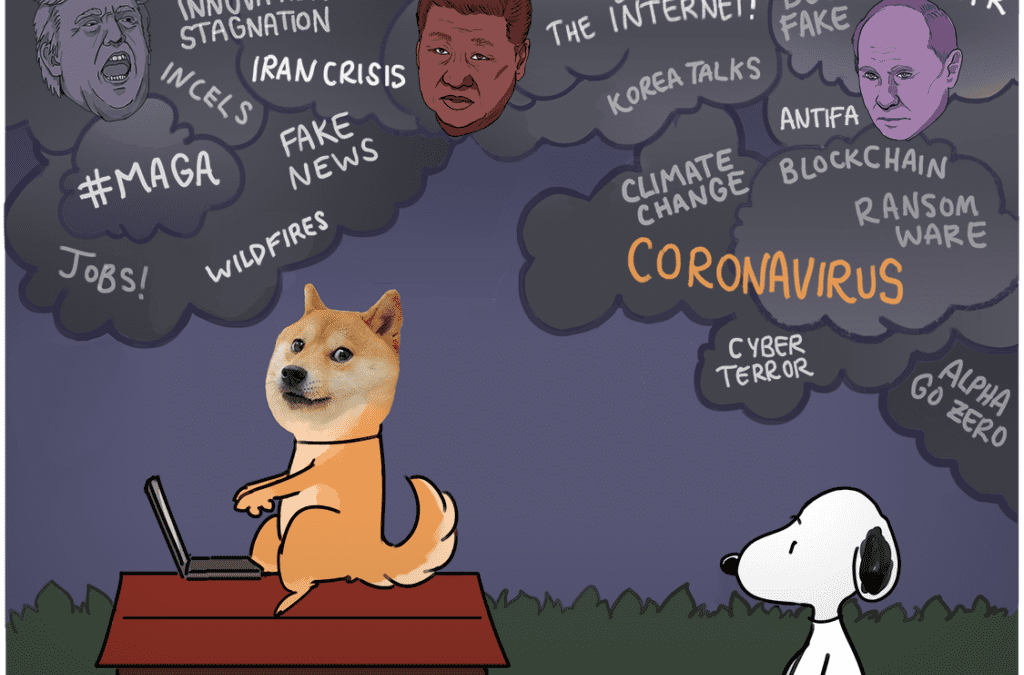
The permaweird
The Last Men at the End of History cannot sustain any sense of collective urgency for any length of time at the important scales. And mere individual or even tribal actions do nothing to alleviate the sense of collective, even universal, crisis-in-waiting. The world is now too complex for that to work.
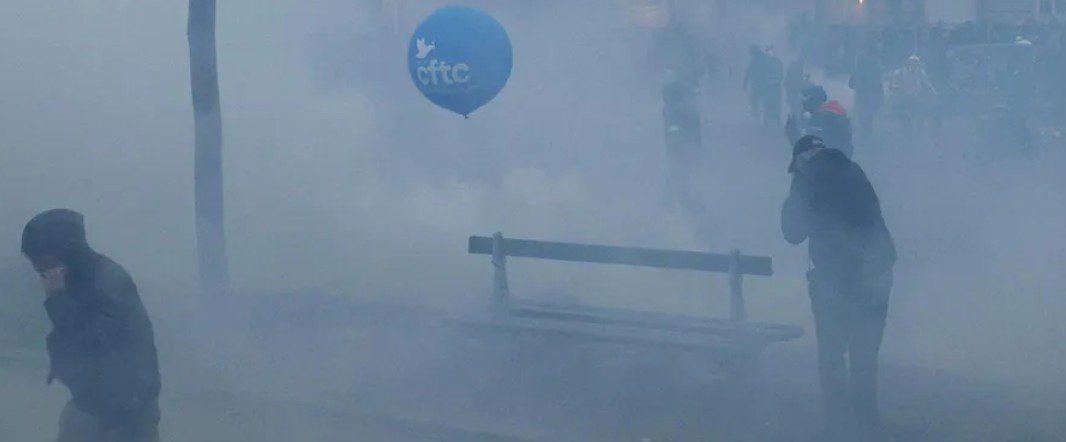
Why the world feels so unstable right now
For many of us, life seems to progress smoothly and predictably for much of the time. Indeed, it seems one of our biggest concerns appears to be getting stuck in a rut. But then, seemingly out of nowhere, our world is turned upside down.

From Bing to Sydney
I’m not going to lie: having Bing say I am not a good person was an incredible experience (and for the record, I think this is another example of chatbot misinformation!). It also, to say the least, seems incredibly ill-suited to being a search engine.
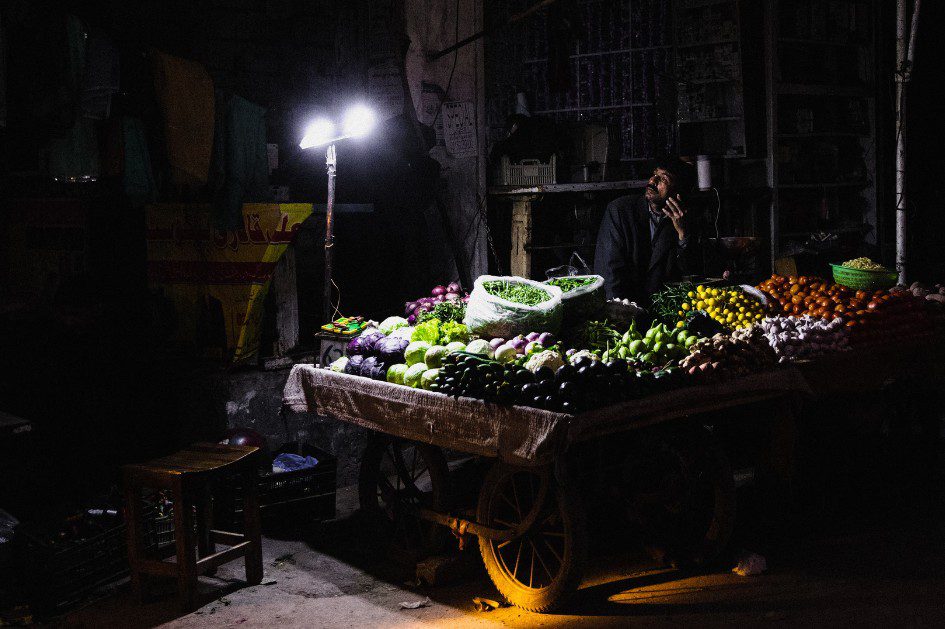
Pakistan on the brink: what the collapse of the nuclear-armed regional power could mean for the world
It is hard to overstate the difficulty of Pakistan’s current situation. An unfortunate string of recent events combined with chronic mismanagement has created a potentially mortal threat to Pakistan’s political system.

Societal collapse: a literature review
The debate about societal collapse as a plausible trajectory for the world’s future has lately arisen as being especially relevant…This article offers a systematic multidisciplinary review of the existing literature.
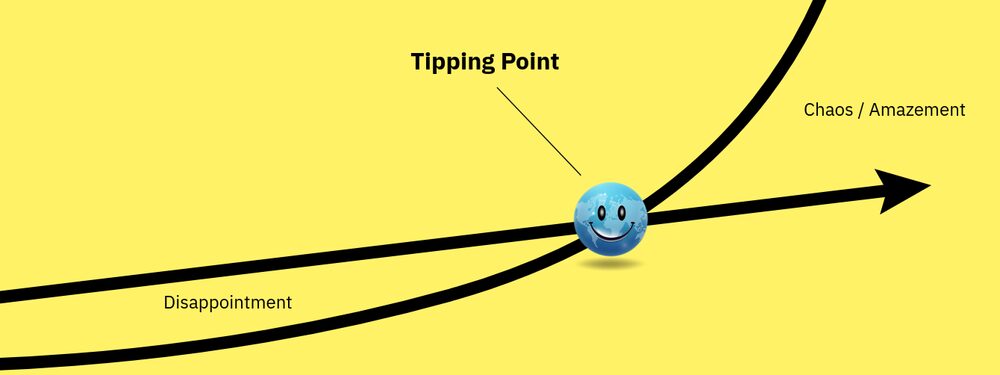
The Great Progression 2025-2050
The world isn’t ending!
But we are likely at the beginning
of a profound transformation.

COP27, the loss & the damage at injury time
The recently concluded 27th Conference of Parties (COP27) of the United Nations Framework Convention on Climate Change (UNFCCC) at Sharm El Sheikh, Egypt, went in the way of rituals and did not rise beyond the low bars set by previous editions.
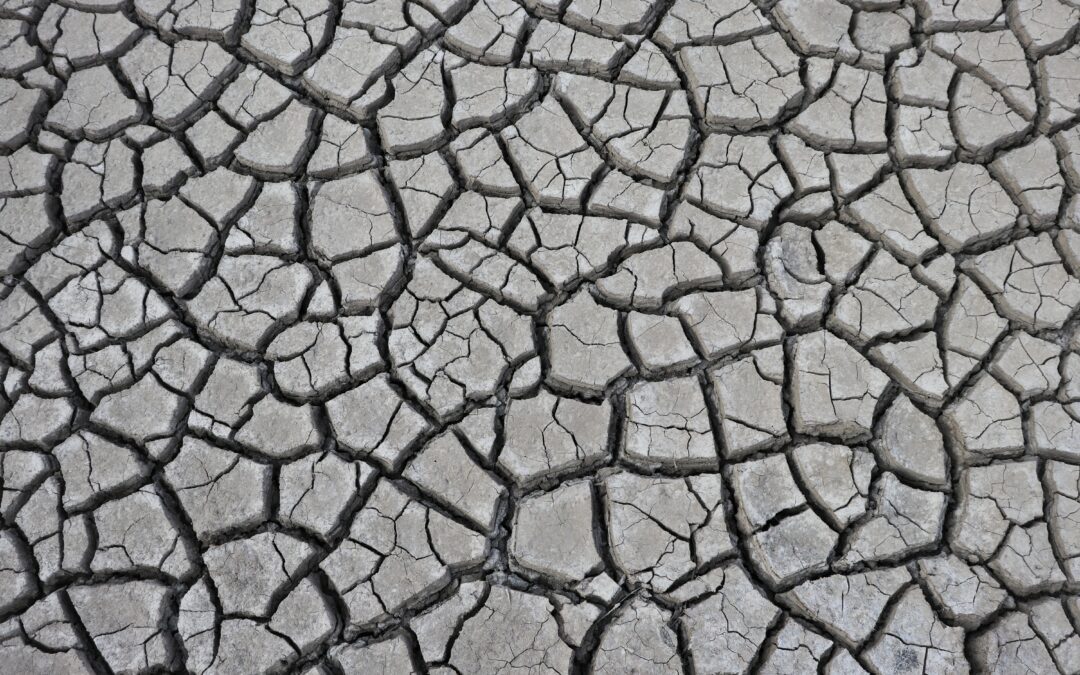
Conflict and climate collide to create an acute hunger crisis for an unprecedented 345 million people
This March, a young mother arrived with 3 children at Dollo Ado in southeastern Ethiopia, where 5 refugee camps currently serve more than 200 000 displaced Somalis.
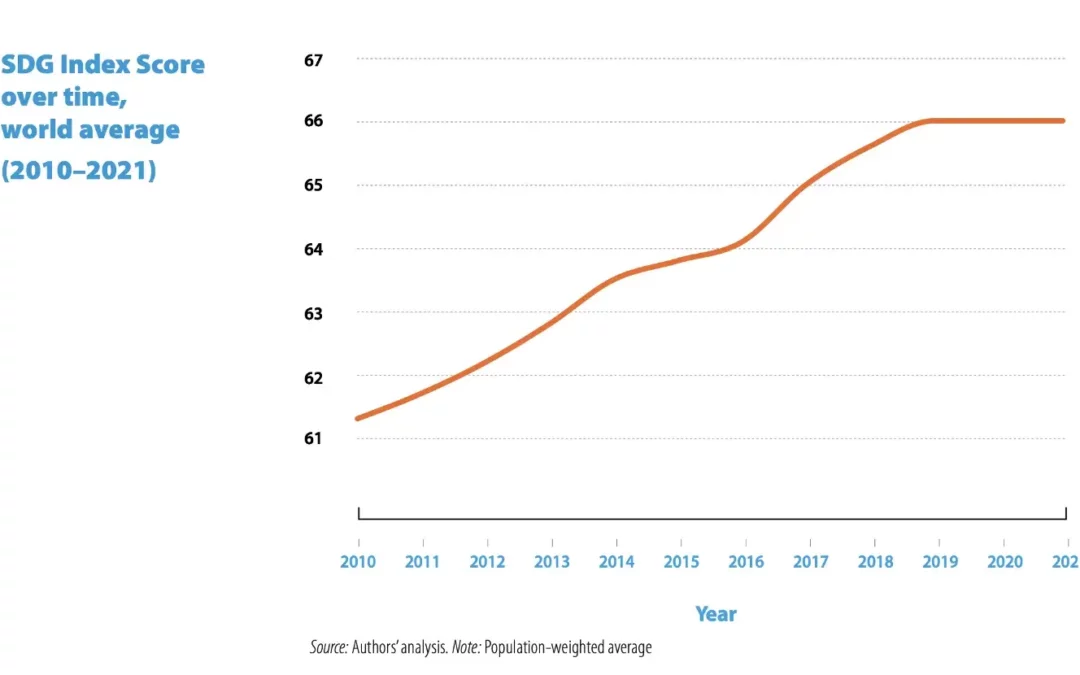
Our civilization just hit three great — and ominous — inflection points: (Why the 2020s are) The Age of Inflection
What will history think of this decade? How will it remember it? I think that it’ll come to be thought of as the Age of Inflection.
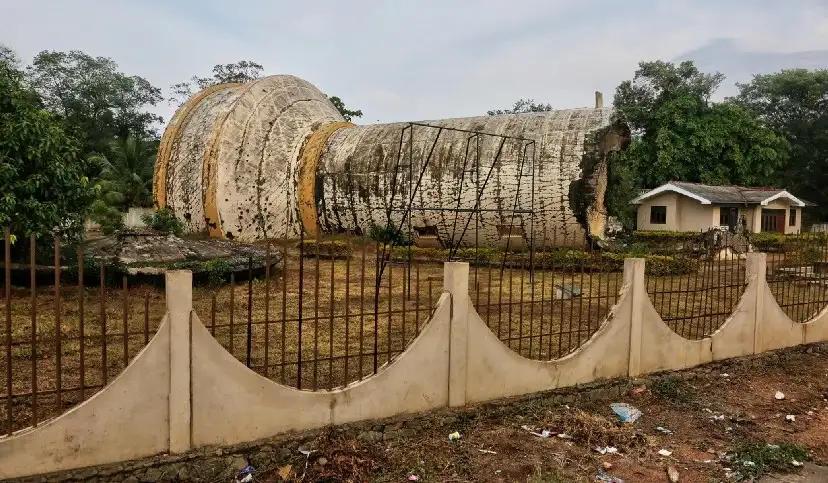
I lived through collapse: America is already there
Living in Sri Lanka during the end of the civil war, I saw how life goes on, surrounded by death.

